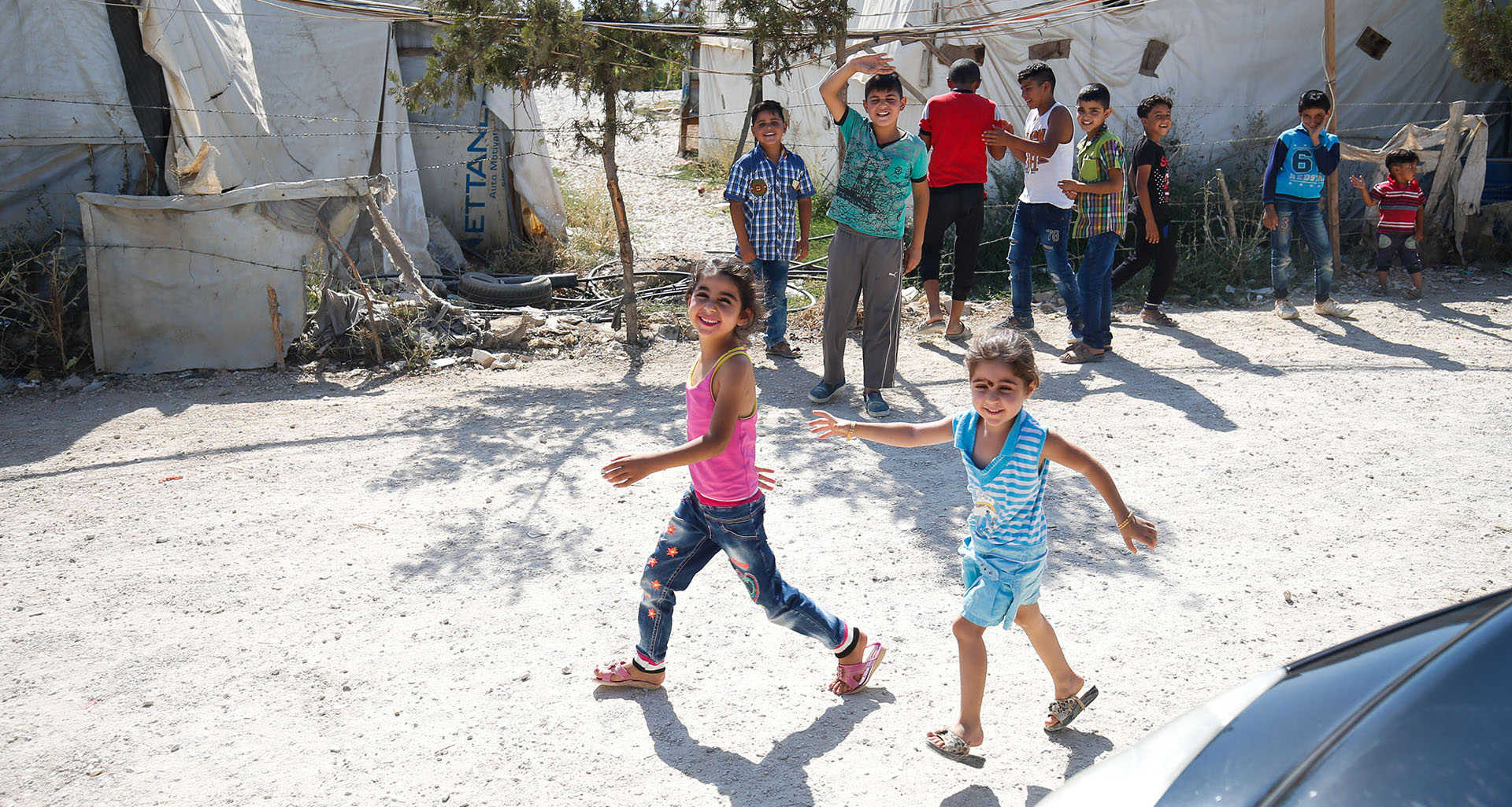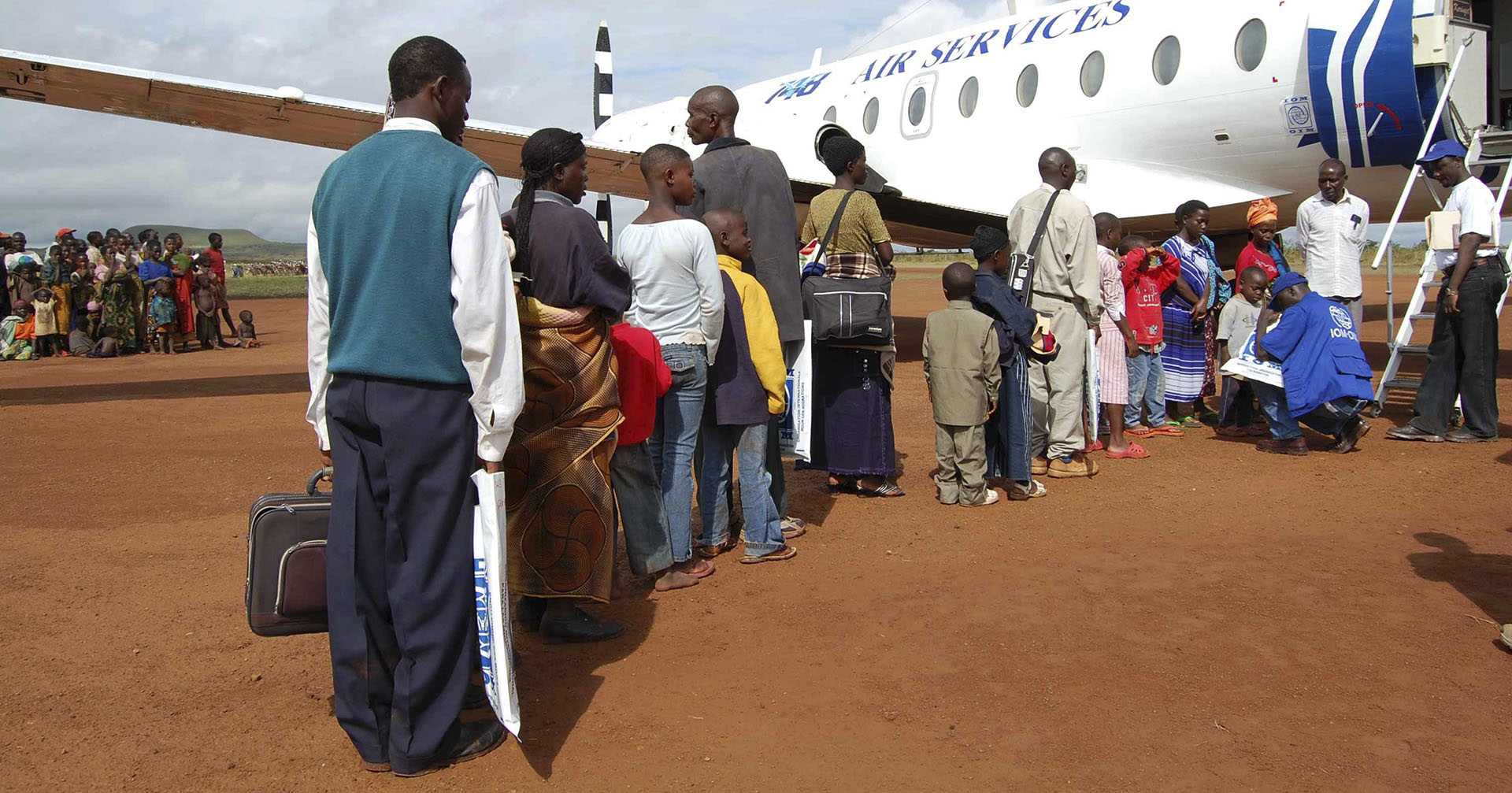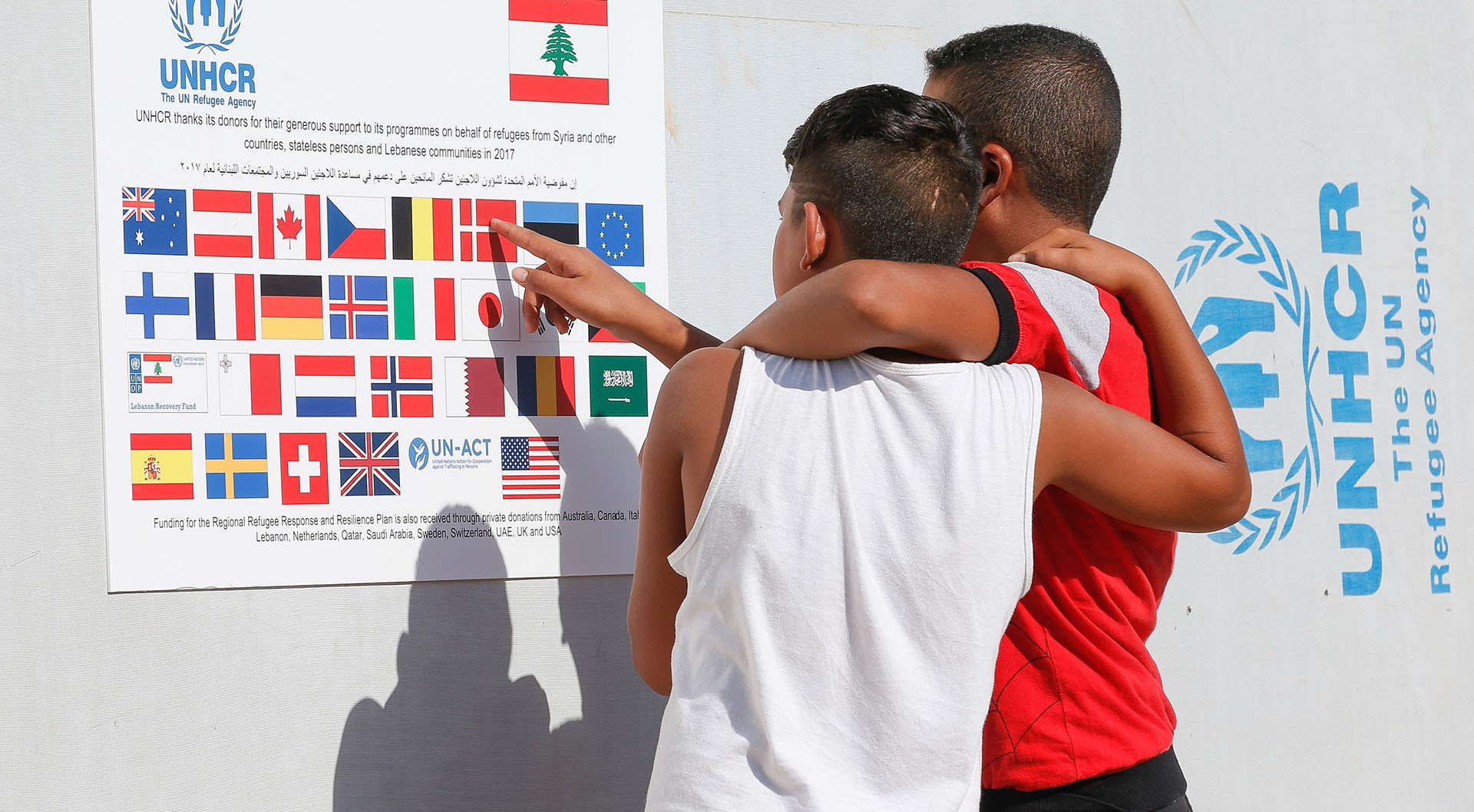International context
Resettlement is:
- A protection instrument that meets the specific needs of the refugees whose life, freedom, security, health and other fundamental rights are threatened;
- A sustainable solution for refugees who cannot return voluntarily to their country of origin nor have perspectives of local integration in the country they have fled to;
- A solidarity mechanism to relieve the pressure on the countries that receive large numbers of refugees.
UnHCR
The UNHCR plays a crucial role in resettlement: they identify vulnerable refugees and annually report on the global resettlement needs and priorities.
The UNHCR therefore identifies the refugees who need to be resettled and submits their case to a resettlement country, like Belgium. The persons eligible for resettlement meet the criteria for the refugee status and one or more of the following vulnerability criteria:
- In need of legal and/or physical protection
- Survivors of violence and torture
- Medical needs
- Women and girls at risk
- Family reunification, when resettlement is the only way to reunite the members of a family
- Children and adolescents at risk
- Lack of foreseeable alternative durable solutions
European Union
Resettlement is also a priority of the European Union: the European Pact on Migration approved in 2024 underlines the importance of a safe and legal migration. For the first time, member states can also rely on a global European resettlement framework.
This framework defines on the one hand the common rules for resettlement and humanitarian admission, and on the other hand, it offers guidelines on the numbers and priorities regarding geographical regions, nationalities and categories of refugees.



